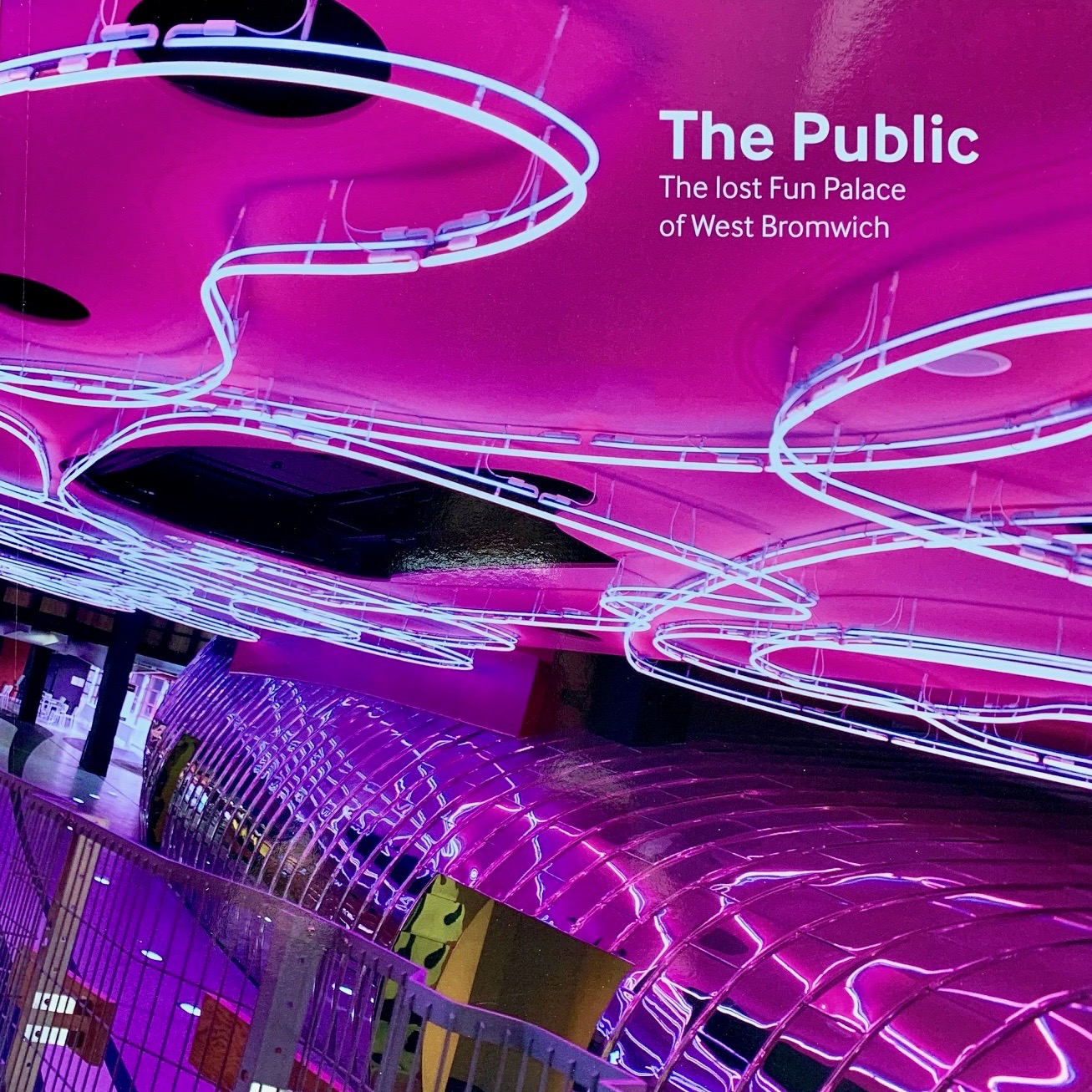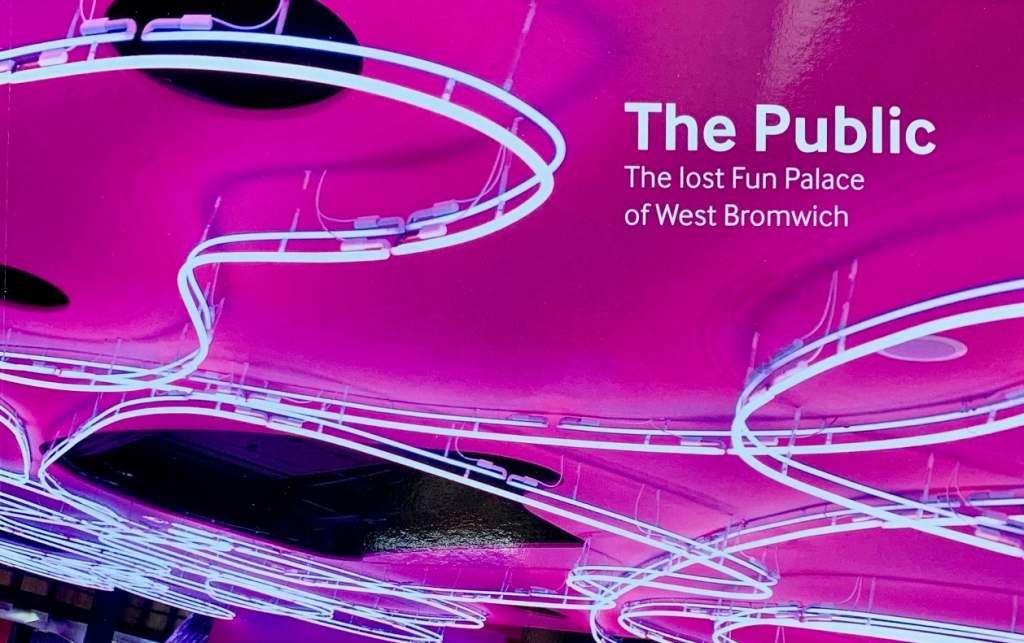I only saw The Public from a distance, from the other side of the Midlands, but I liked what I saw. It seemed a brave experiment in scaling up community art, in making the idea of cultural democracy real in West Bromwich. I talked with the people behind it when it was just an idea, and kept in touch during the 15 years of its development, construction and operation. Each time I went, I saw great art, learnt something, and met people. That’s not something I can say of every arts institution. In 2012, my book about West Bromwich Operatic Society was launched in The Public’s theatre, with some brilliant singing from the company. And I was there too, shortly before it closed, as the staff painfully undid what it had taken them so long to create.
The Public was controversial, and is widely dismissed as one of the white elephants created by the National Lottery in a moment of national hubris. There were mistakes and miscalculations, but the story is more complex and more important. As Graham Peet argues in his new book about this unique place, The Public was thriving when it was shut down. And he is in a better position to know than most who have written about it. He worked at Jubilee Arts, the pioneer community art organisation whose vision it was, and went on to be Exhibitions Manager at The Public until it closed in 2013.
A couple of months ago, Graham told me that he was making a book about The Public, and asked if he could include something I’d written in 1999 about the idea, Naturally, I agreed and offered to give him something new as well (it’s below). Today, his book arrived through the post, and it is beautiful, not least because of Graham’s photography which fills every page. It is a fitting elegy to an important idea.
Anyone interested in community art should have a copy: here’s the order form. Forget the mistakes (which are as nothing compared to those politicians walk away from every day). It’s time to think about what The Public was trying to do and how its commitment to cultural rights can be advanced today.
The Public: The lost Fun Palace of West Bromwich

Did anyone understand The Public? Jubilee Arts dreamed of creating a community art centre with the scale, ambition and resources of a cultural institution – a theatre or a museum, perhaps. They wanted the people of West Bromwich to have a place in which to make their own art and discover other people’s and they believed it should be as fine as anything could be. But for many of those whose support they needed, that was a category error. For them, community art is small, parochial, unimportant—by definition. The struggle over designing, financing, building and running The Public turned on that incomprehension of what Jubilee Arts was trying to achieve. Those who did get it, including Will Alsop, often faced questions as a result. It was an exhilarating and distressing process for the people involved, for those who invested their lives and livelihoods in the dream of a world class community art centre in a poor Black Country town. Human error played its part in the failure, but the principal cause was a systemic refusal to allow The Public to be what it set out to be. Impossible requirements were built into the operating model and seemed to justify its eventual closure. Only they didn’t because, against the odds, despite the mistakes, the people of West Bromwich took The Public to their hearts. They came in their hundreds of thousands to see, dream, make, dance, play, hear, talk and discover. They made community art that was big, ambitious and important. The only ones who really needed to understand The Public were the people who live nearby and made it part of their lives. And they didn’t just understand The Public. They loved it.

2 responses to “An elegy for ‘The Public’”
I don’t know the Public but the situation you describe is familiar. Participatory art is put into certain boxes by well-meaning but ultimately disconnected culture barons. large scale is OK – but only if led by recognisable artists as in Royal de Luxe. I think maybe the difficulty is the way that the UK has never quite sorted out the differences in scale and why they apply. It’s assumed that local touring will be small-scale and producing theatres middle-scale but the economics rarely connect; subsidy may in fact be higher at middle-scale. We don’t really do epic theatre that well and have to import European directors to show us how – why is that? Most of all, the professional artists fear close connection with amateurs in case they somehow contaminate the purity of their conservatoire-trained offering. And if that training is essentially following a 20th or even 19th century artistic vision, how does that help diversity? Sorry, I’m rambling!
LikeLike
Thanks for this. Coincidentally, I’ve also been thinking about scale today, though not with regard to The Public. I agree that there is an unthought-out assumption that community art work must be small scale or professionals are needed.
LikeLike